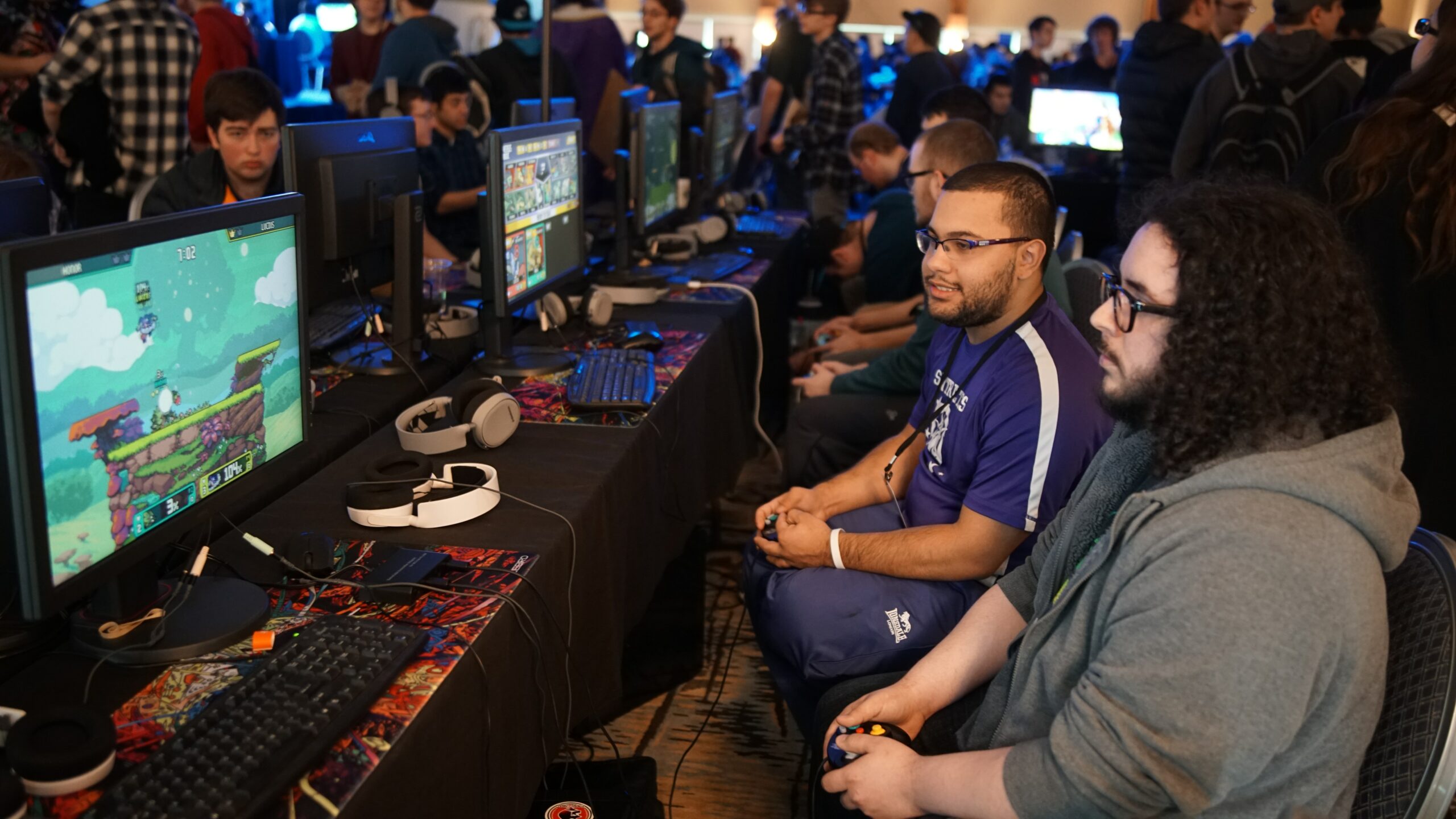
Favelas are commonly associated with crime, poverty, and underdevelopment. However, in recent years, favelas have become a hotbed for esports. In this article, we’ll explore why favelas esports is so successful.
Favelas esports is unlikely source
Esports is a growing industry with immense potential. It is estimated that by 2021, the global esports economy will be worth $696 million USD . In Brazil, esports is already a popular pastime, with 34% of Brazilian gamers interested in playing competitively . Favelas are often marginalised communities that lack access to resources and opportunities. However, what they do have is a high concentration of young people with free time on their hands.
Favelas are the perfect breeding ground for esports success. The popularity of esports in favelas can be attributed to several factors:
1) The rise of mobile gaming: Mobile gaming is one of the most popular genres in esports. In Brazil, 83% of gamers play on mobile devices . This makes sense given the fact that many people in favelas cannot afford consoles or gaming PCs. Mobile games are also more accessible and can be played anywhere.
2) The popularity of battle royale games: Battle royale games like PlayerUnknown’s Battlegrounds (PUBG) and Fortnite have taken the gaming world by storm. These games are perfect for tournaments because they can be played by large numbers of people at once. In Brazil, PUBG is one of the most popular games among professional gamers .

3) The lack of traditional sports opportunities: In favelas, opportunities to play traditional sports like soccer are often limited. This makes sense given the fact that many favelas do not have access to quality facilities or equipment. Esports provides an alternative for young people who want to compete and excel at something.
4) The presence of established organisations: There are already several established organisations supporting favela gamers, such as FaVELA Gaming and Gamers Without Borders . These organisations provide resources and opportunities for players to compete at a higher level.
5) The growth of online streaming: Online streaming platforms like Twitch and YouTube Gaming have made it easier than ever for gamers to reach a wider audience. This has been especially beneficial for favela gamers who can now showcase their skills to the world.
The success of favelas esports is due to a combination of factors. Mobile gaming, battle royale games, lack of traditional sports opportunities, presence of established organisations, and growth of online streaming have all contributed to its popularity
What are favelas?
Favelas are low-income housing developments that are informally built on public or private land.Due to their lack of resources and high crime rates, favelas have long been associated with poverty and violence. However, in recent years, favelas have become known for something else entirely: esports.
Despite their negative reputation, favelas are fertile ground for esports development. According to a report by the Global Esports Market Report, the number ofBrazilian households with at least one person who frequently watches or plays esports increased from 5% in 2016 to 11% in 2017. This growth is largely due to the fact that many favela residents are young, male, and have a high disposable income.
What’s more, favelas offer a unique setting for gaming that can’t be found anywhere else. Residents of favelas often form close-knit communities, which makes it easy for aspiring gamers to find others who share their passion. In addition, many favelas have limited access to formal education and employment opportunities, so gaming can provide a much-needed outlet for creativity and self-expression.
The combination of these factors has made favelas the perfect breeding ground for some of Brazil’s most successful esports teams. One such team is INTZ e-Sports Club, which was founded in 2012 by five friends from the Morro da Providência favela in Rio de Janeiro. INTZ has since gone on to win championships in a number of different games, including League of Legends, Counter-Strike: Global Offensive, and Rainbow Six Siege.
Other notable Brazilian eSports teams with roots in the favelas include Black Dragons e-Sports (founded in 2009), Keyd Stars (founded in 2010),paiN Gaming (founded in 2010), and Red Canids Corinthians (founded in 2017). These teams have all achieved significant success in both national and international competitions.
Favelas may not be the most conventional source of esports talent, but they have proven to be an incredibly fertile breeding ground for some of Brazil’s most successful players and teams. As Brazil’s economy continues to grow and more young people enter the country’s burgeoning middle class, it’s likely that we will see even more success stories come out of these unlikely places.
The rise of favelas Esports
In the world of competitive video gaming, or esports, favelas have become a unlikely source of success.
In the early days of esports, most players came from wealthy backgrounds and had the time and resources to dedicate to becoming the best. But in recent years, as the industry has grown and prizes have gotten bigger, players from all walks of life have begun to emerge as challengers to the status quo.
And nowhere is this more apparent than in the favelas of Brazil.
In these sprawling communities, which are often home to poverty and crime, young gamers have managed to find success in the world of esports. And they’re doing it by playing games like Counter Strike: Global Offensive (CS:GO), a first-person shooter that has one of the biggest followings in the esports world.
So how did these players from such humble beginnings rise to the top? Let’s take a look at some of the reasons for their success.
Why favelas Esports is so successful
It’s no secret that Brazil has a long and rich history in the world of professional gaming. But what is perhaps less known is that the country’s favelas, or shantytowns, have also been home to a booming esports scene for years.
The reasons for this are many. For one, favelas are often located in close proximity to each other, making it easy for gamers to meet up and play together. Secondly, many of Brazil’s most successful professional gamers come from favelas. These players often act as mentors to aspiring young gamers, teaching them not only how to play better but also how to navigate the world of professional gaming.
But perhaps the most important reason favelas have become such a hotbed for esports is simply because they offer a level playing field for all gamers, regardless of socio-economic background. In a country like Brazil where economic inequality is still a very real issue, this is no small feat.
So far, the formula seems to be working. There are now nearly 200 esports teams in Brazil’s favelas, and the scene shows no signs of slowing down anytime soon. With more and more young people being introduced to esports every day, it’s likely that we’ll see even more success stories coming out of Brazil’s favelas in the years to come.
The future of favelas Esports
A favela is a Brazilian slum, usually located in the peripheries of big cities such as Rio de Janeiro or São Paulo. Favelas are characterised by their lack of basic infrastructure and services, and by the high levels of violence, poverty and crime.
Despite the many challenges that favelas face, they have been very successful in developing esports teams and players. One of the main reasons for this success is the close-knit community spirit that exists within favelas. This sense of community is often lacking in more affluent areas, which can make it difficult for esports teams to establish themselves. Another reason for the success of favelas in esports is the high level of creativity and resourcefulness that is required to survive in these tough conditions. This same creativity and resourcefulness has helped favela teams to excel in competitive gaming.

